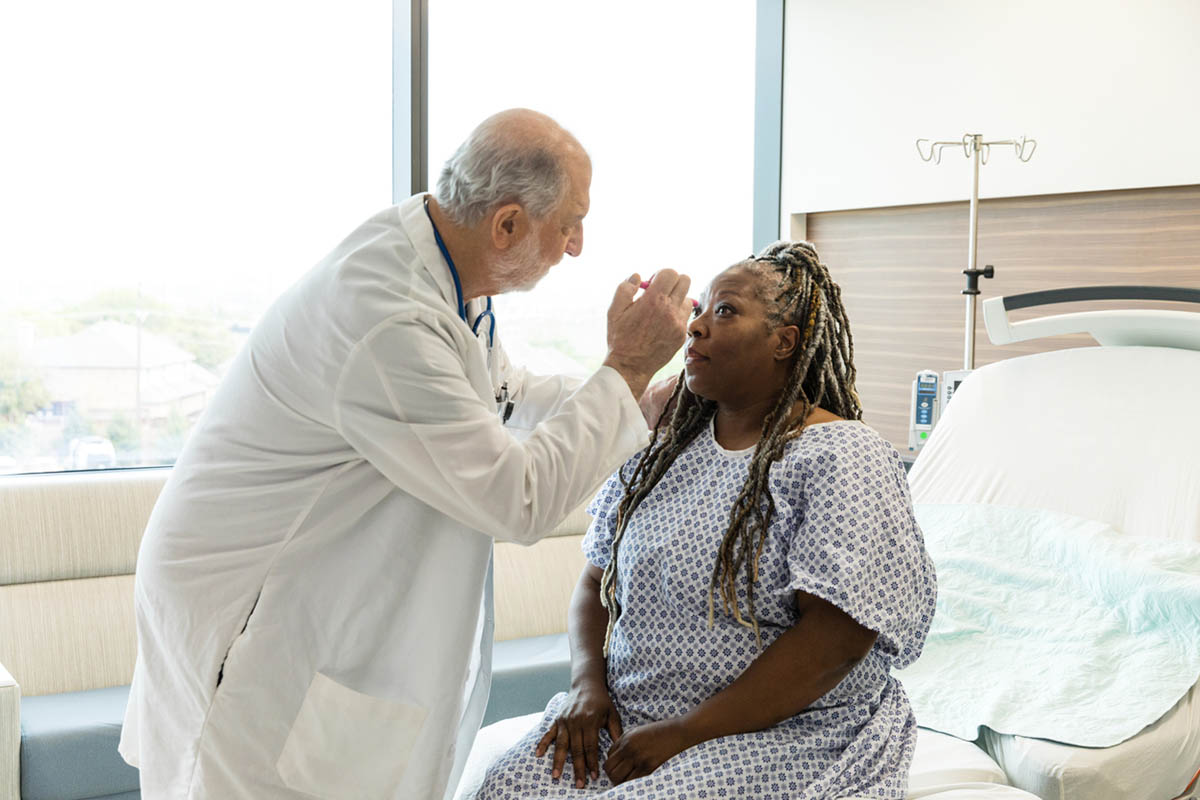Background: This study was conducted to prospectively examine the effect of switching from risperidone to olanzapine on female schizophrenia patients who experienced menstrual disturbances, galactorrhea, and/or sexual dysfunction.
Method: Twenty female patients with DSM-IV schizophrenia who were taking risperidone and were suffering from menstrual disturbances, galactorrhea, and/or sexual dysfunction were enrolled. Patients were switched from risperidone to olanzapine over a 2-week period, then treated with olanzapine for 8 additional weeks. The serum prolactin concentrations were examined every 2 weeks. The Positive and Negative Syndrome Scale (PANSS), Abnormal Involuntary Movement Scale (AIMS), Simpson-Angus Scale for Extrapyramidal Symptoms (SAS), and questions from the Dickson-Glazer Sexual Functioning Scale were administered to evaluate efficacy, extrapyramidal side effects, and sexual and reproductive functioning at baseline and the endpoint of 10 weeks.
Results: Serum prolactin levels decreased significantly (p<.01) following the switch from risperidone to olanzapine. Scores of PANSS, AIMS, and SAS at the endpoint were also significantly decreased (p<.01) compared to those of baseline. Patients experienced improvements in menstrual functioning and perceptions of sexual side effects.
Conclusion: Olanzapine reversed hyperprolactinemia in risperidone-treated female schizophrenic patients. This was associated with a decrease in amenorrhea, improved cycle regularity, and a decrease in sexual side effects that the women attributed to antipsychotic medication. This study suggests that switching to olanzapine is a safe and effective alternative method for patients with antipsychotic-induced hyperprolactinemia associated sexual and/or reproductive dysfunction. Long-term follow-up studies are warranted, with particular attention to the course of sexual and reproductive dysfunction.
Enjoy this premium PDF as part of your membership benefits!





